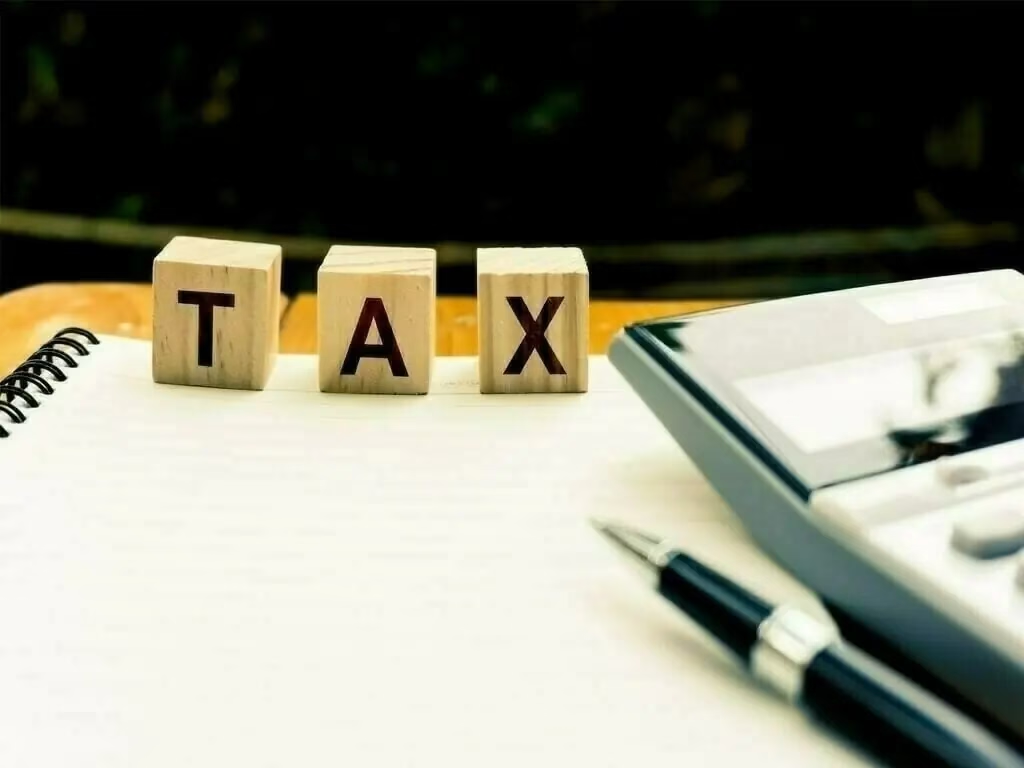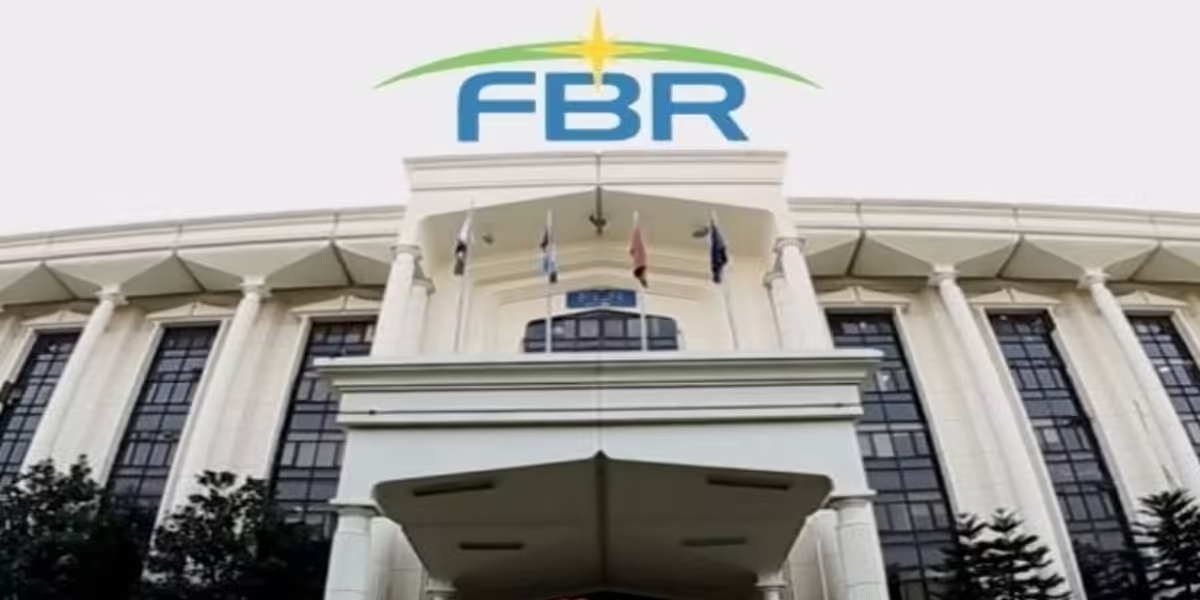Inflation in the U.K. surged to its highest level in eight months in November, according to official data released on Wednesday. This rise has solidified market expectations that the Bank of England (BoE) will maintain its current interest rate and refrain from cutting borrowing costs in its upcoming policy decision.
The Office for National Statistics (ONS) reported that consumer price inflation climbed to 2.6% in the year to November, up from 2.3% in October. The increase was driven by persistently high inflation in the services sector, which makes up approximately 80% of the U.K. economy, and rising fuel prices.
This uptick pushes inflation further away from the BoE’s target of 2% and represents the sharpest rise since March. Consequently, economists now widely expect the BoE to keep its main interest rate at 4.75% following its policy meeting on Thursday.
James Smith, Research Director at the Resolution Foundation, noted, “The latest data shows the challenge Britain faces in squeezing inflation out of the economy.”
The BoE had previously anticipated a slight rebound in inflation when it cut rates in early November, following a period of easing price pressures. Inflation had dropped to its lowest level since April 2021 in September. However, inflation remains significantly lower than the peaks observed in recent years, a result of central banks worldwide raising borrowing costs to combat price surges caused by supply chain issues and Russia’s invasion of Ukraine, which spiked energy prices.
While other central banks have begun cutting rates as inflation falls from multidecade highs, few experts predict rates will return to the historically low levels seen after the 2008-2009 global financial crisis.
Expectations of rapid rate cuts by the BoE have diminished, mainly due to rising wages and stubbornly high inflation in the services sector. These factors have led economists to temper predictions for significant rate reductions in 2025.
Some critics argue that the Labour government’s first budget in October may exacerbate inflation. The announced public spending, financed by increased business taxes and borrowing, could lead businesses to raise prices to offset tax hikes, further driving inflation.
With inflationary pressures persisting, the Bank of England is expected to adopt a cautious approach to future rate adjustments.



